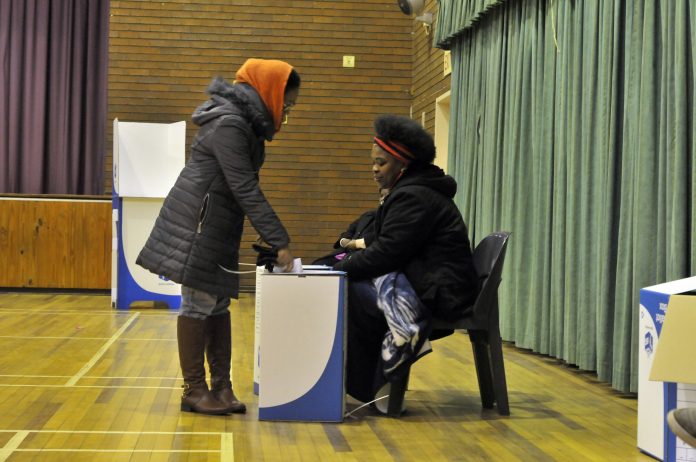Johannesburg- Voter apathy has been diagnosed as part of the reason for the low voter turnout in this year’s local government elections.
The turnout was the lowest since the dawn of democracy, with only about 12-million of about 26-million registered voters casting ballots.
Apathy among voters in representative democracies is defined as a lack of interest in voting. Some choose to view this apathy as a threat to democracy.
But it may not be the case, as some would like to put it.
[membership level=”1″]Instead, it may reflect the evolution of South Africa’s democracy and the expansion of choices available to South Africans outside of the voting principle commonly used to define democracy.
Democracy is, among many other things, the freedom to make choices. One of the choices is the right not to vote. Defining the success or failure of democracy by voting is quite restricting and problematic.
Local government is mainly about addressing issues and challenges in our daily lives. It does not require much of an overly ideological stance. Put simply, a community member at an informal settlement or village does not need to know the works of Marx, Fanon and Biko to know that she or he does not have a road, potable water or
ablution facilities.
It takes building materials, not political slogans or party ideology to build a house for those without houses or to provide food for the hungry.
What is more interesting has been the activism of young people outside the banner of political parties. Young people are engaged in issues that affect them in their daily lives.
They are also engaged in lending a helping hand to others. They are doing this outside of formal party politics.
The writings of Adam Prezowski identify autonomy as the ability to participate in the making of collective decisions, which is a paltry notion of freedom. Prezowski asks whether democrats should value the freedom to choose. He further asks whether people value facing distinct choices when they make collective decisions.
When many people cannot vote for what they most desire, democracy suffers. The low voter turnout may indicate that none of the parties offered what most South Africans desire, hence they see no impetus to vote.
Choosing not to vote speaks positively on the freedom of citizens to choose other areas to have their issues heard. It is the freedom to decide on the relevance or lack thereof of the formal party-political system.
The choice not to partake in party politics has allowed people such as Lonalinamandla Bawuti, who responded to the plight of a boy from Eastern Cape living with his grandmother who needed support to go to initiation school. Bawuti appealed for assistance from South Africans to get the youngster to initiate school. It is the freedom of businesspeople to put money together to create boreholes for a community without access to potable water.
It is Nasizo Mndende, a young social work graduate in Eastern Cape seeing the plight of young rural girls and starting an NGO to educate them on sexual and reproductive health rights.
It is many others doing what they can with what they have to change their communities.
Low voter turnout may not be such a disastrous thing after all. This is because a lot of young people are contributing to making a better South Africa outside of politics.
- Mtengwane is a lecturer: community development programme at the University of the Free State
Follow SundayWorldZA on Twitter and @sundayworldza on Instagram, or like our Facebook Page, Sunday World, by clicking here for the latest breaking news in South Africa. To Subscribe to Sunday World, click here.
Sunday World



